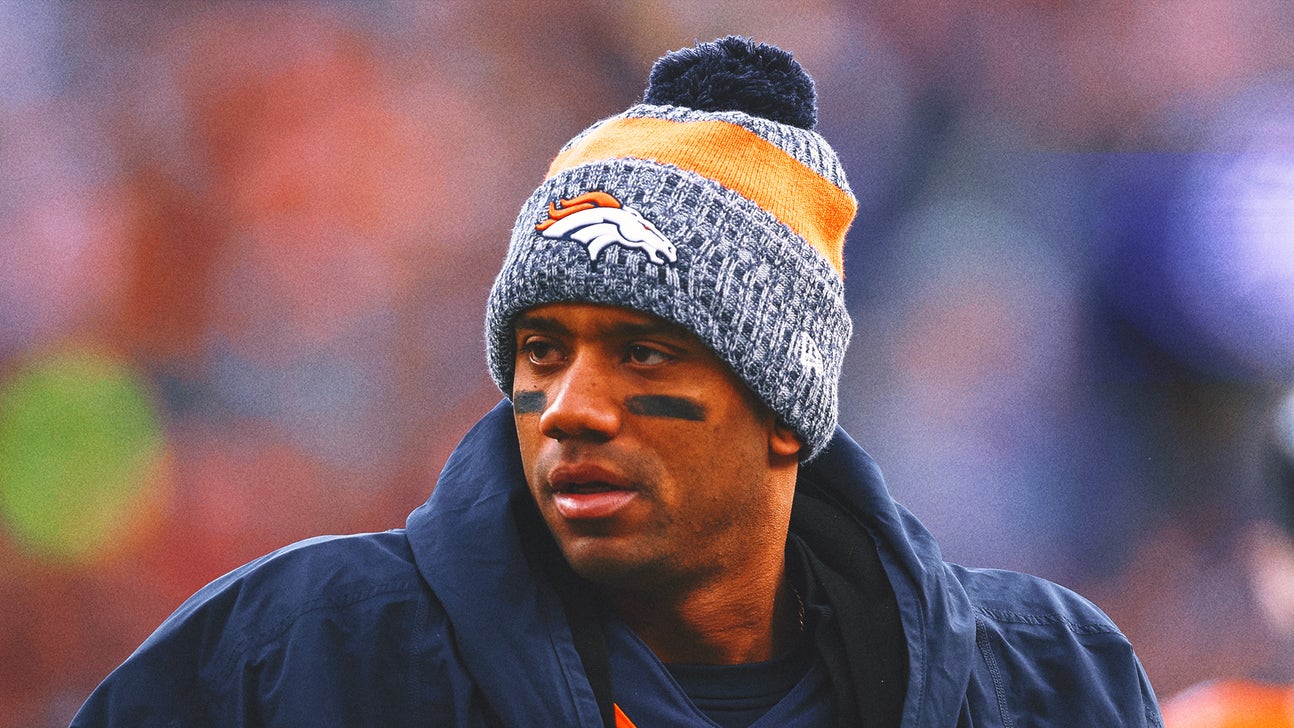
Made with the co-operation of Allen’s widow, DAVE ALLEN: GOD’S OWN COMIC charts the rise to fame of the comedian who changed his name so that he could be looked at first when it came to sorting through the lists of Equity members to engage for particular gigs. The “A’s” would always be first; hence the name “Allen” might ensure the comedian’s being booked.
Allen first made his name on Australian television by hosting a live late-night chat Show a la David Frost. He enjoyed the freedom of being able to overrun if necessary; the scheduling allowed him to go beyond the scheduled running-time if the show proved interesting. Returning to the United Kingdom, Allen hosted another chat-show for ITV before joining the BBC in the late Sixties and beginning the series for which he is most remembered, DAVE ALLEN AT LARGE. A combination of comic monologues and short sketches, the show catapulted him to national fame as someone who was quite prepared to take on hitherto taboo subjects such as the Catholic religion as butts for his humor. Sometimes he caused offense, but for the most part viewers realized that his shows were basically good-natured in tone, laughing at people’s absurdities rather than indulging in overt political satire.
Allen also proved to be a highly adept documentary presenter; in the late Seventies and Eighties he did several shows both for the BBC and ITV in which he went to discover some of the eccentrics living in Britain. He encountered many examples; what made his shows memorable was the deadpan way in which he reacted to such people. Rather than laughing at them, he gave them both the time and space to express themselves, and thereby helped viewers understand why they had chosen to make such life-choices.
Returning to mainstream comedy at the BBC and ITV in the Nineties, Allen caused a bit of a stir when he used the four-letter word in one of his shows. Nonetheless, he managed to attract high ratings, even if his humor was a little more acerbic than it had been two decades previously.
He died in 2005, aged only sixty-eight; but what the program suggested was that he was a fundamentally happy man who had achieved most of his ambitions, whether personal or professional. His legacy lives on in an archive of televisual material that stands the test of time.




